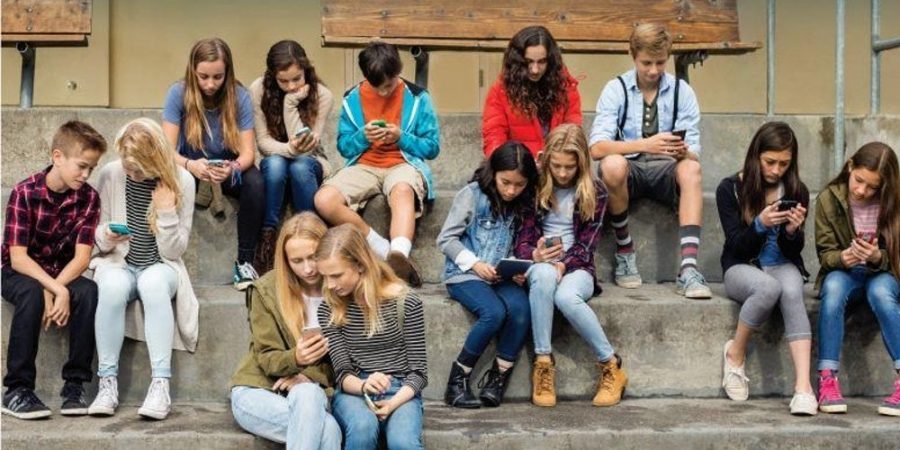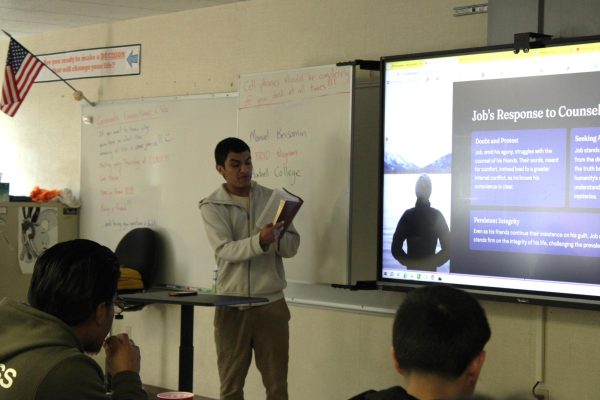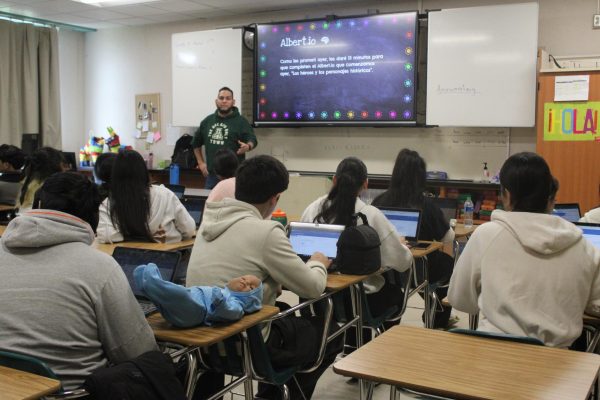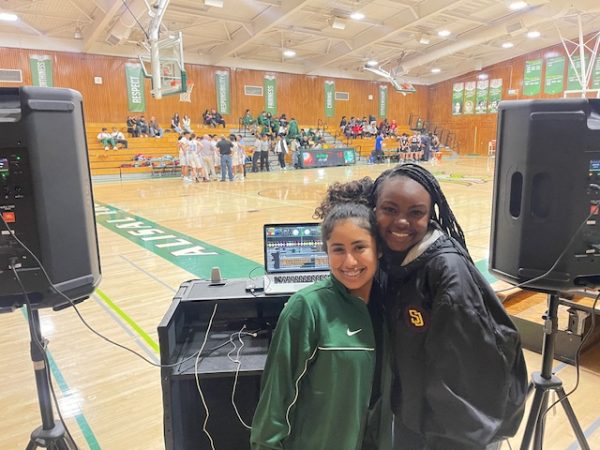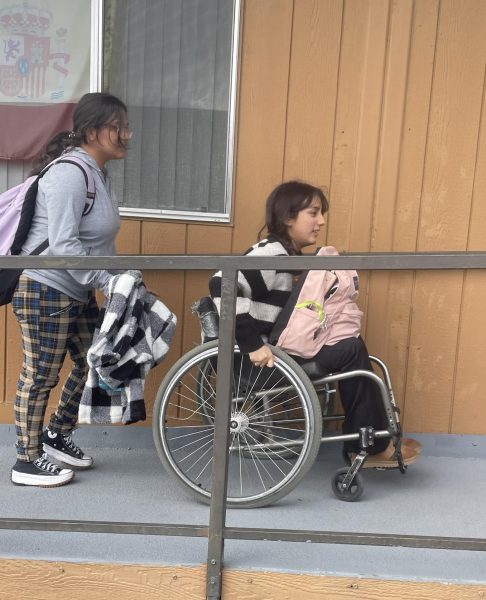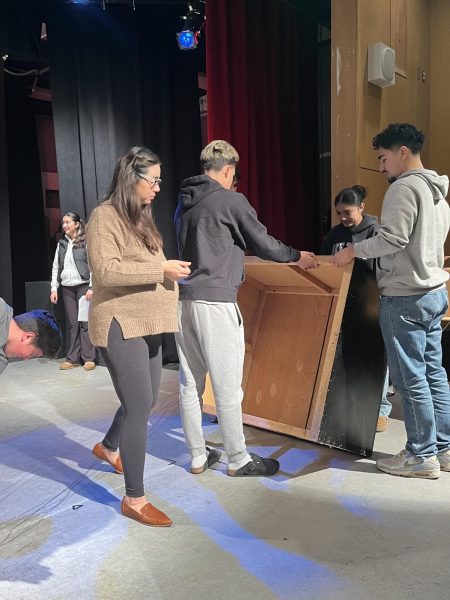Ring, Ring, Ring, Stop Distracting Me
Smartphones Have Impact on Teen Health
People don’t realize how much they rely on technology throughout the day. Whether it’s at home, work, or school, technology is everywhere and it has an effect on our bodies.
The device that has teens hooked to the internet is smartphones. In a recent study done by Common Sense Media, “Teens aged 13-18 spend between 6-9 hours using technology on a daily basis.” While many teens see smartphones as essential by providing sources for homework help, communication with their peers, and social media to keep them entertained, they can also be a distraction and cause many issues preventing a successful school life and a healthy system. Physical and mental issues associated with smartphones include the inability to concentrate during school, social interactions, eyesight problems, lower grades, and lack of sleep.
How exactly do smartphones affect the way the body functions? For starters, most teens use their smartphones right when they get home from school and right before they go to bed. This is bad for the body and the brain as using the phone as soon as one gets home prevents them from doing schoolwork causing them to stay up late at night doing homework which disrupts the way the brain functions throughout the day as the body isn’t well rested enough to function. Using the phone before bedtime basically tells your brain to stay awake and not to go to sleep yet.
Smartphones emit a light known as “blue light” from the screen which the brain interprets as daylight. “Blue light affects levels of the sleep-inducing hormone melatonin” as stated by the Scientific American. Using the phone before bed allows this “blue light” to reset the body’s internal clock. This means that the light tricks the body into thinking it is still early in the day and will make you fall asleep at a more later time. The result; It takes longer for a person to fall asleep, giving them less time to sleep, and making them more tired even if they manage to sleep a full 8 hours,according to a recent study that determined how many hours of sleep teens get each night, “By 2015, 43 percent of teens reported sleeping less than seven hours a night on most nights when glued to their smartphones – meaning almost half of U.S. teens are significantly sleep-deprived.”
Besides getting an insufficient amount of sleep, another issue associated with smartphones is a lack of concentration in school. “While ever-smarter digital devices have made many aspects of our lives easier and more efficient, a growing body of evidence suggests that, by continuously distracting us, they are harming our ability to concentrate,” said researchers from Stellenbosch University in South Africa. Even if a phone is out of sight, on silent, or powered off, its presence will reduce students’ working memory and problem-solving skills.
Cellphones are also damaging people’s eyesight. A 2017 study found that those who spent a lot of time on a smartphone or tablet — which is increasingly common among teens — were more prone to dry-eye disease. Basically, the eye doesn’t get enough moisture so it is more prone to get irritated easily which can be an obstacle for a student if they are trying to do schoolwork. The study also found that once the smartphones were taken away, the dry eye symptoms reduced drastically. Digital eye strain, another condition affecting the eye, has also been an issue for teens.
What are some ways teens can help themselves in solving these issues? For starters, they can set up times for when they can check their phones. Limiting themselves to check every 15 minutes to then making it every 30 minutes and so on will allow teens to not be so anxious about who texted them and if they received any notifications.
Another suggestion would be to turn post notifications off or simply turning off their phone and not turning it back on until school work has been completed for the day. Keep the phone out of reach.
According to CNBC, “To reduce response-anxiety and holding yourself accountable, Rosen suggests telling close friends or family that you may not be responding to their messages as quickly as you used to.” To solve the eye issue, a great suggestion would be to not stare at the screen for more than 20 minutes. Hold the phone at arm length position. Do not use screens 1 to 2 hours before bedtime. Blue light before bed interferes with sleep. Also, don’t use the phone in the dark as it increases the likelihood of damaging the eyes. Following these suggestions will ensure a healthier and more successful lifestyle.
Your donation will support the student journalists of Alisal High School. Your contribution will allow us to purchase equipment and cover our annual website hosting costs.



